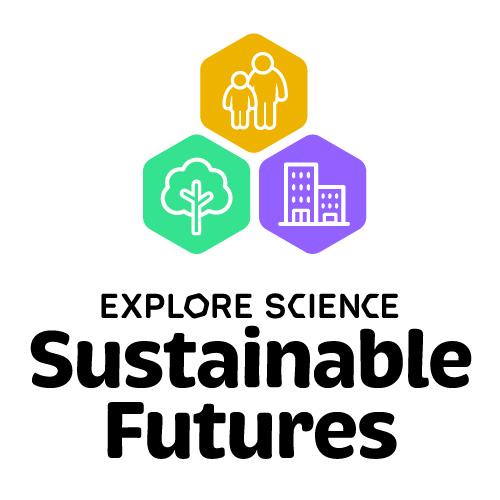DESCRIPTION
In this guided conversation, teens will use a set of issues and character cards to consider the importance of women’s rights to sustainability. They learn that creating an equitable society with equal rights and access to opportunities for all will have a big impact on whether or not the world can achieve the UN Sustainable Development Goals. The program can be done in person or online.
DESCRIPTION
In this guided conversation, teens will use a set of issues and character cards to consider the importance of women’s rights to sustainability. They learn that creating an equitable society with equal rights and access to opportunities for all will have a big impact on whether or not the world can achieve the UN Sustainable Development Goals. The program can be done in person or online.
OBJECTIVES
BIG IDEA
- Sustainability means healthy people, communities, and environments, now and in the future.
- Sustainability science studies the interaction between people and the planet and finds innovative and responsible solutions to global challenges.
- We can work together to create a sustainable future. Everyone has a part to play.
LEARNING GOALS
As a result of participating in this program, learners will understand that:
- Equitable societies are essential to accomplishing environmental, social, and economic goals central to sustainability.
- Women’s access to education, family planning, job opportunities has a net positive effect on sustainability.
- One way we can measure our global impact by measuring how much CO2 is in our atmosphere.
- Policies that create an equitable society have an important role in lowering CO2 emissions.
Credits
UC Berkeley Lawrence Hall of Science
The Rob and Melani Walton Sustainability in Science and Technology Museums program is supported through funding from The Rob and Melani Walton Foundation.
Creative Commons Attribution Non-Commercial Share Alike 3.0 United States (CC BY-NC-SA 3.0 US).
View more details

NISE Network products are developed through an iterative collaborative process that includes scientific review, peer review, and visitor evaluation in accordance with an inclusive audiences approach. Products are designed to be easily edited and adapted for different audiences under a Creative Commons Attribution Non-Commercial Share Alike license. To learn more, visit our Development Process page.

